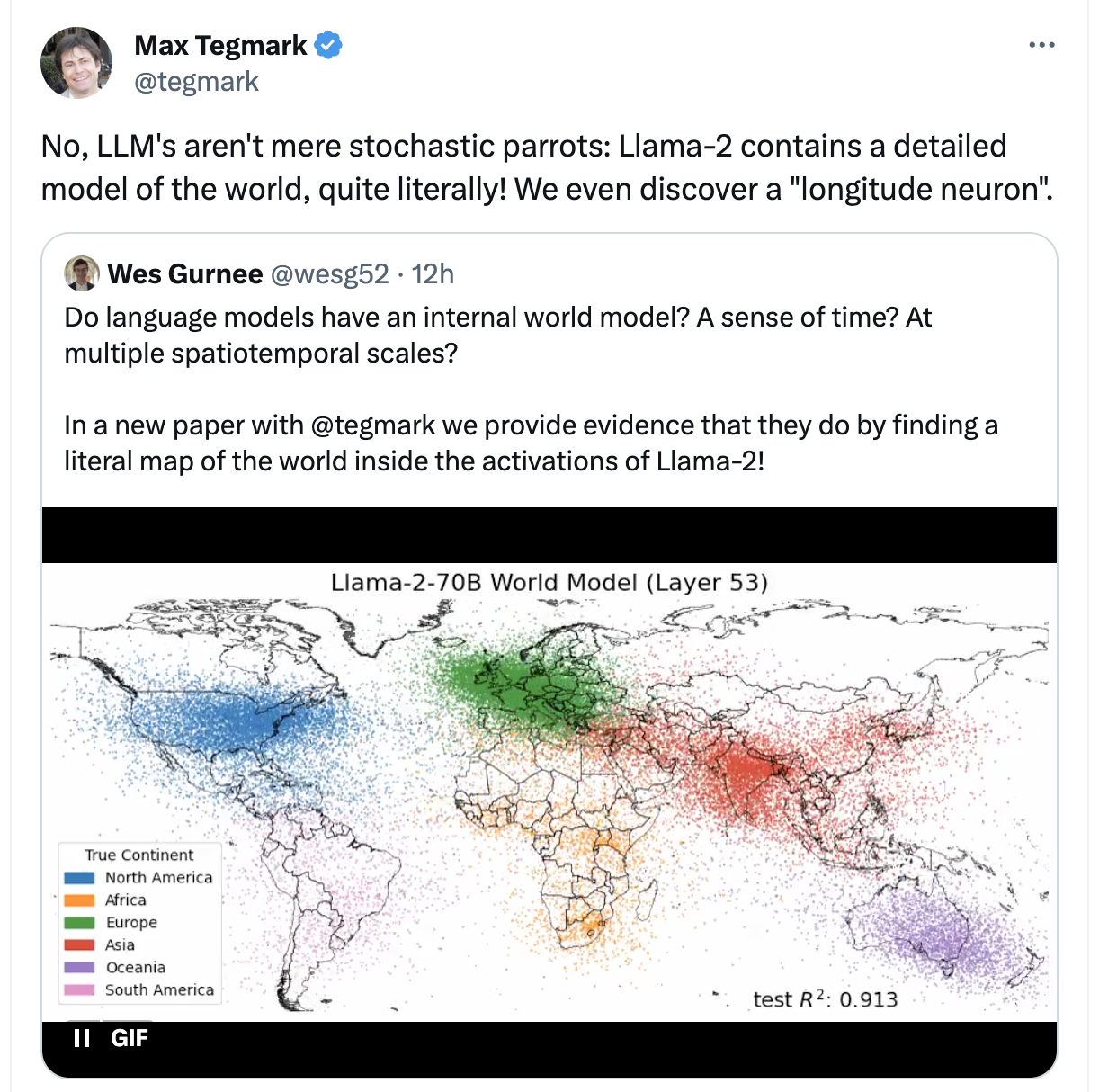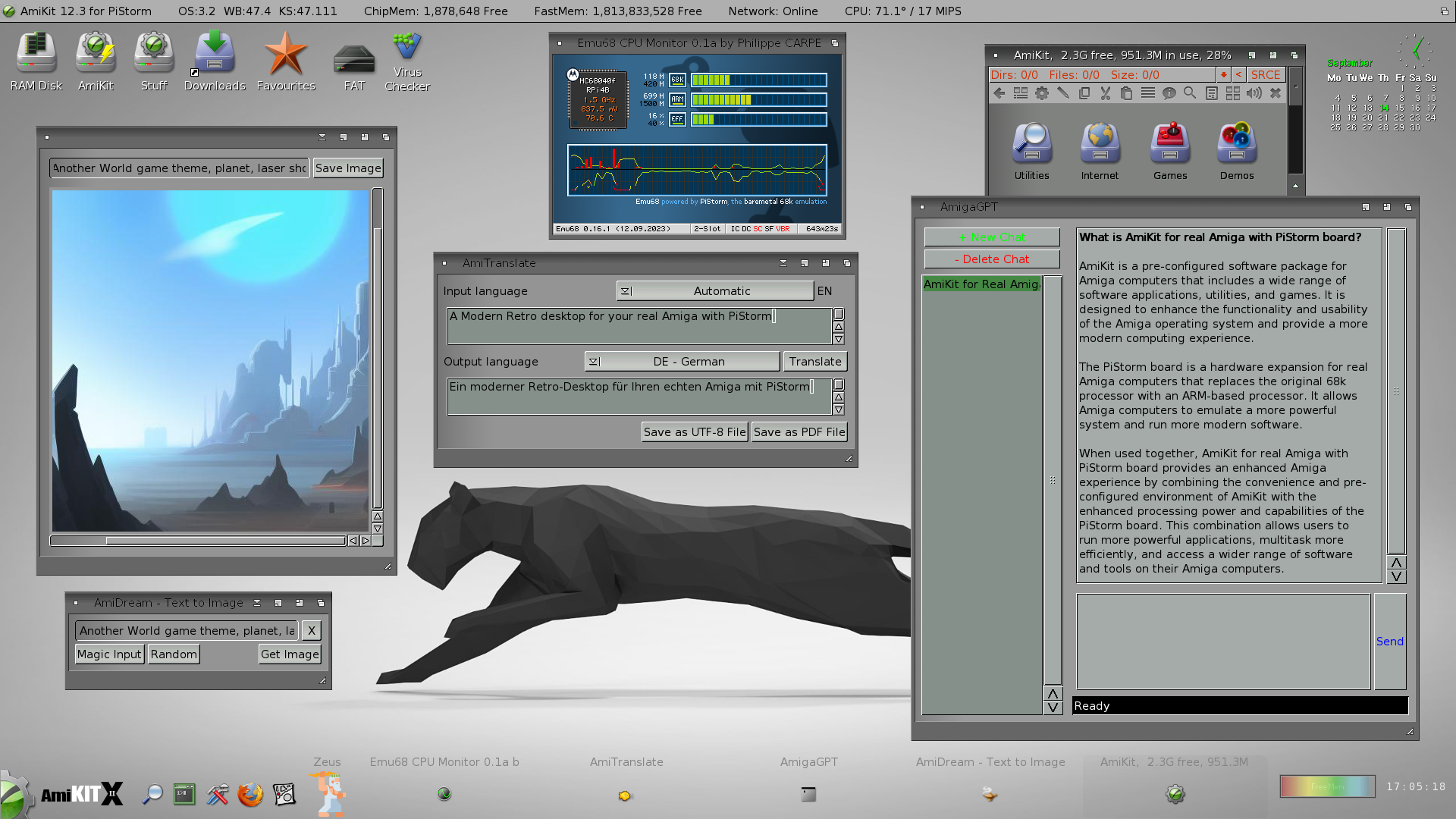TechTakes
1430 readers
128 users here now
Big brain tech dude got yet another clueless take over at HackerNews etc? Here's the place to vent. Orange site, VC foolishness, all welcome.
This is not debate club. Unless it’s amusing debate.
For actually-good tech, you want our NotAwfulTech community
founded 1 year ago
MODERATORS
451
452
453
454
455
456
26
Bullying is effective for dealing with mental health issues and obesity, actually
(news.ycombinator.com)
457
458
459
460
461
462
463
464
465
466
1
Dan Olson back at it with another banger. HN responds about as you'd expect.
(news.ycombinator.com)
467
468
1
That didn't take long: cryptobro realizes that blockchains is what LLMs crave.
(www.chaos-engineering.dev)
469
470
471
472
473
474
475
2
@AnarchoNinaAnalyzes posts a near-perfect analysis of what AI actually is
(social.treehouse.systems)

